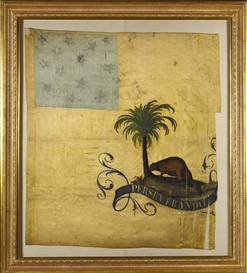
Having worked in law enforcement for a few years, I have always maintained an interest in the criminal world. One of my favorite aspects of history has to do with the evolution, interpretation and punishment of crime throughout the years. Unfortunately, not much is written on the topic. Sharon Block's "Rape & Sexual Power in Early America" is one of those rare scholarly insights into a topic that is often forgotten or not talked about for obvious reasons. I admire Block because she realizes that hiding from a problem or pretending that there are insufficient resources to make a historical study of sexual crime is foolish. The fact is that there IS information and there ARE sources available to us on this and other criminal issues of the past. Block takes an in-depth look at how sexuality (in particular criminal sex) has changed over the years. In the colonial era, Block makes the important point that consensual sex (meaning what we in the modern society think of as two consenting adult participants), was much different in colonial America. For example, Block points out that consent was rarely if ever an issue in colonial America simply because it was believed that women would always refuse intercourse. In essence, the phrase "No means no" did not deter colonial men who believed that "No means pursue me harder."
Issues like the ones brought up by Block are difficult to discuss, but they are imperative to any historical inquiry. Understanding the criminal aspects of a society, along with what a particular society deemed to be acceptable and unacceptable behavior, can tell a lot about a people. For her efforts (and because the book is very entertaining), Block gets an A.
























